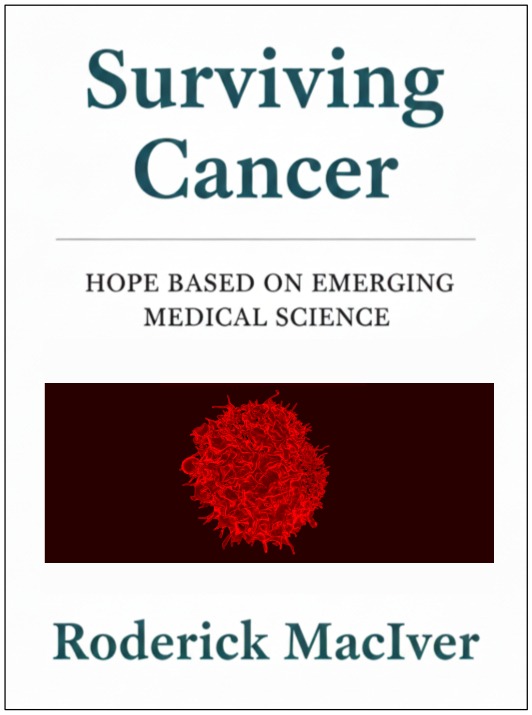

The medical science driving new cancer treatments is evolving at a breathtaking speed. What seemed like science fiction just five years ago now saves lives daily in treatment centers across the country. Yet this revolution remains frustratingly uneven—available to some, unknown to many, inaccessible to others. Understanding these advances and how to access them can determine quality of life issues for patients, and even life itself.
MIRAI, an AI platform developed by MIT’s Regina Barzilay, detects breast cancer years before current methods. It has been validated on millions of mammograms across dozens of hospitals, in multiple countries, and with diverse populations. Once deployed it is inexpensive. And yet hospitals won’t use it.
Rather than the standard-of-care under which two people with the same diagnosis respond in dramatically different ways, one living, the other dying, the new medical science is able to custom design drugs to an individual patient's disease and genetic characteristics.
Computers are able to design a patient’s digital twin, and in a simulation test determine the likely outcome of a particular therapy on a patient before treatment.
Liquid biopsies, powered by AI, are detecting cancer and planning next steps in treatments from blood samples.
Foundation models like Stanford’s MUSK are integrating images, pathology, and genomic data to accurately predict outcomes.
Cell therapies like CAR-T and CAR-NK are teaching immune systems to fight cancers once deemed untreatable.
Revolutionary treatments are being developed such as that by the Korea Advanced Institute of Science and Technology which coax cancer cells into becoming normal tissue again.
For decades, progress against cancer depended on slow laboratory experiments, chance discoveries, and treatments that often harmed healthy cells as much as tumors. Today, artificial intelligence, quantum computing, and advanced simulations are turning medical research upside down.
. . .
Both the print and Kindle e-book versions are now available on Amazon here.
Emerging Cures' new book, Surviving Cancer, is now available on Amazon
Be in touch if you've received a serious diagnosis and would like to talk.
(843) 284-6850 (Office)
(843) 802-0183 (Mobile)
